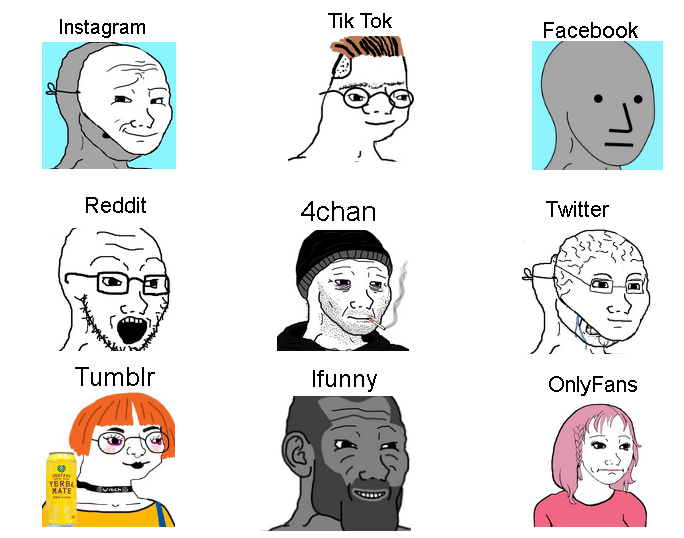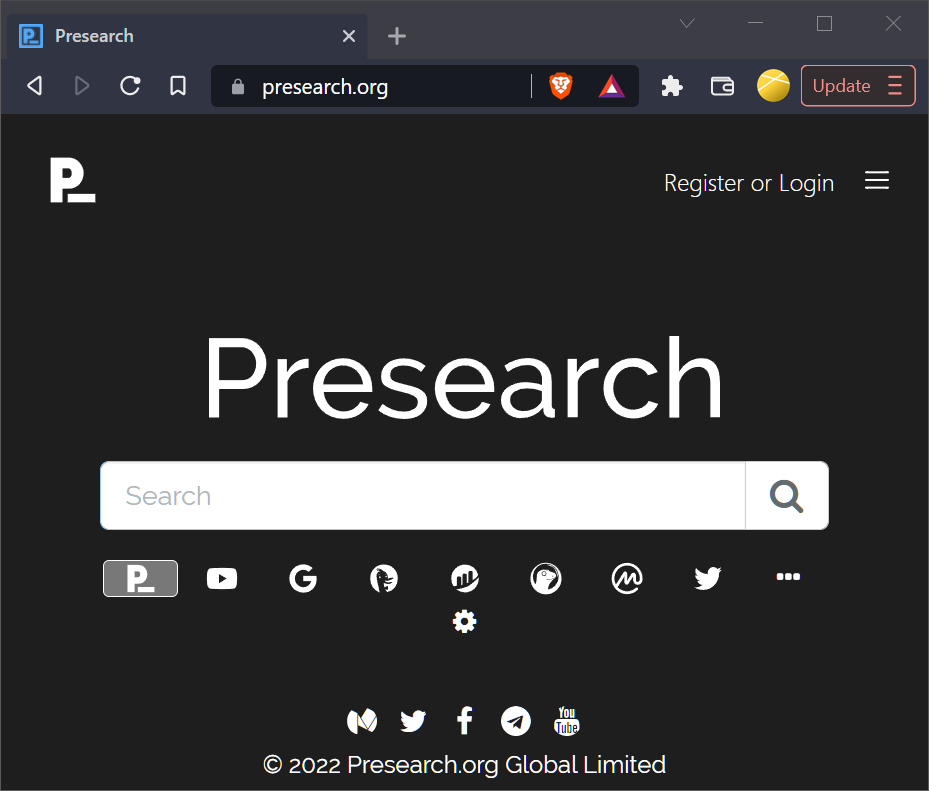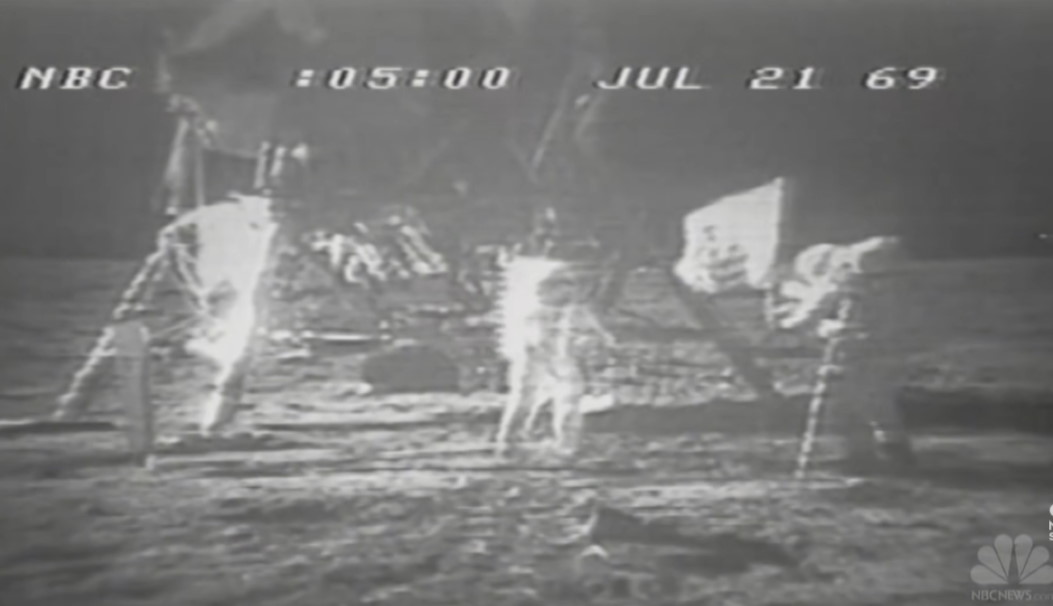One year ago I wrote the "My Space !" blog post, where I was giving my reasoning for leaving social media, meaning Twitter, Facebook and Instagram.
I erased my Instagram account, since I had truly no use for it. I kept my Twitter and Facebook accounts as a notification tool, to post links to content about my trading system and my blog posts. Eventually, one day I'll stop doing that as well.
At the time I downloaded a backup of my Twitter and FB feeds. The backup was easy to obtain, erasing years of history however is a different matter. It was easy on Twitter, but on Facebook it turned out to be a multi-day effort.
Last year, the only option to erase FB activity in bulk was to download a Chrome script that would emulate manual deletion of the timeline, one item at the time. On top of that, because the plug-in relied on an older FB design, I had to use a plug-in to also transform the UI of FB to an older version. The operation was long and error-prone. The plug-in even had a speed setting. Too slow and it could take forever, too fast and the procedure would miss deletion of items.
A couple of months ago I looked again into my FB feed, and noticed that I still had my 2017 posts and comments. FB now allows to batch-delete up to 50 posts at once, however the interface can get incredibly slow, and it would only delete 8-10 posts at once. For sure, the batch cleaning feature in FB is the most buggy of the whole site. It's obviously something that they put there to check a box for some demand, without any real effort to make it usable.
I opted not to completely delete my accounts, because a few people still find it useful to reach me via the occasional DM, and because I wanted to use my existing connections to keep people on the loop about the progress of my trading system project, that I obviously want to promote.
I don't miss social interaction one bit. In fact, it's a weight that was lifted from my shoulders. At some point, daily social media activity became a chore. Quick blurbs of text and funny or interesting videos can quickly become repetitive. It's a kind of interaction that is pointless and, of course, incredibly time consuming.
Maybe if I were a hot chick, I'd think differently, but for someone that has always had a self-image centered around his R&D as well as his interest in sharing his own "deep thoughts" ("deep thoughts and simple food" was my mantra already 30 years ago), reducing my publishing activity to "tweets", was a lobotomizing experience.

I'd be lying if I said that I'm above the need of validation. I like for my work to be appreciated as much as the next guy, but it's much more meaningful to have a blog with three readers instead of thousands of "contacts" scrolling past your name every day.
What makes things worse, is that Twitter and Facebook are controlled platforms built to serve interests of shadowy entities (including your own "democratic" government), and that believe in selective free speech (that would be an oxymoron, btw). It's like being a guest at a shitty party… I'd rather be home doing my own party with a couple of friends. It's a no-brainer for me.
Early on, Twitter had the power to get me loosely connected to people with common interests, mostly other game developers. Today however everything reeks of politics, making some Twitter feeds look like endless passive-aggressive rants. Get me out of here.
Facebook is the worst social platform of the two. It's a nostalgia platform. Though it can be cool to keep in touch with virtually anyone across decades, there are reasons why some people normally lose track of each other in life, even if they care for and respect each other. Keeping in touch today is very easy, but it's healthier if it's done privately, with the intent to keep in touch, rather than simply living in the same cyber-neighborhood.




